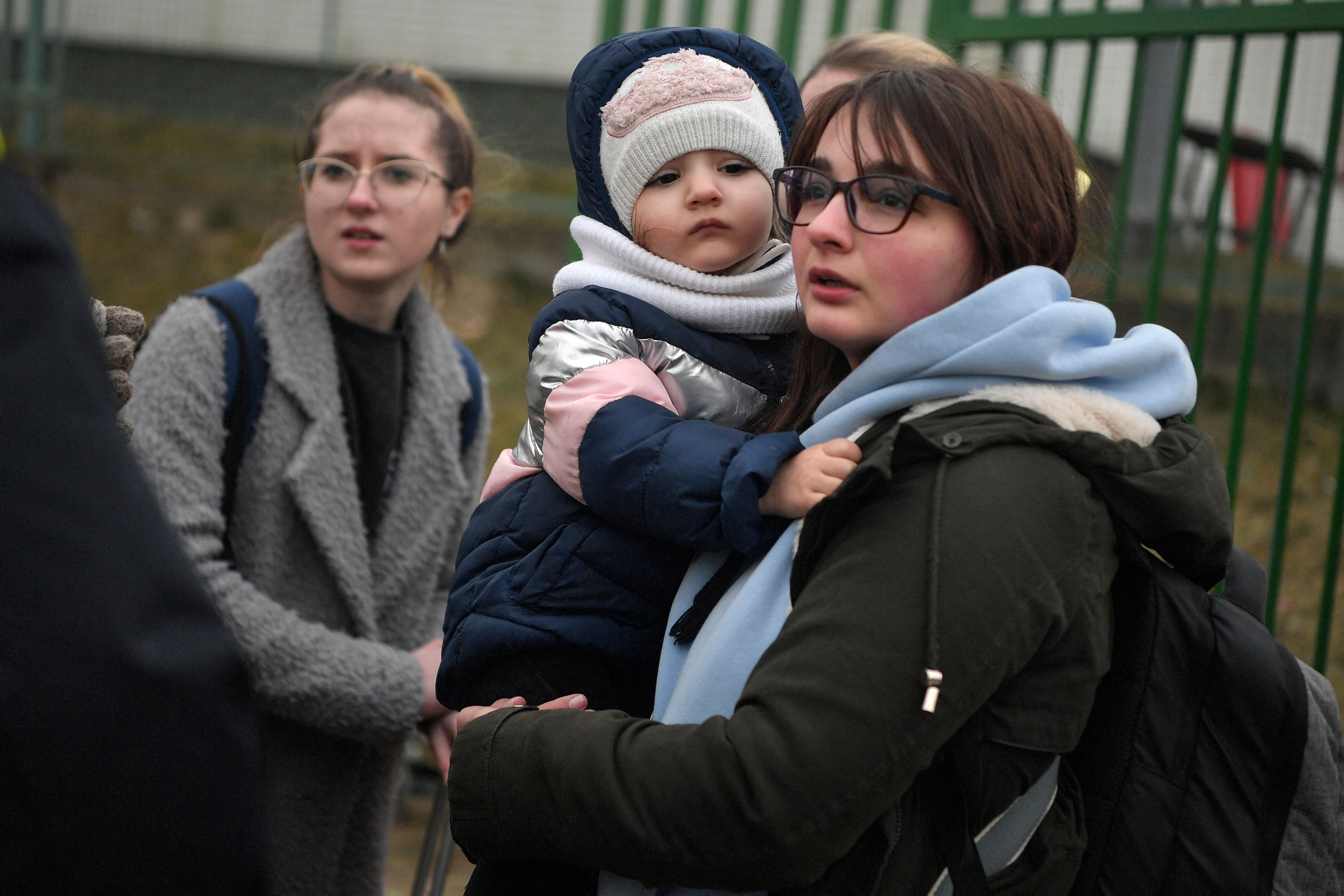As a former refugee, the Homes for Ukraine scheme rings alarm bells
What happens if a household decides it wants its space back, moves away, or it just doesn’t work out?


Your support helps us to tell the story
From reproductive rights to climate change to Big Tech, The Independent is on the ground when the story is developing. Whether it's investigating the financials of Elon Musk's pro-Trump PAC or producing our latest documentary, 'The A Word', which shines a light on the American women fighting for reproductive rights, we know how important it is to parse out the facts from the messaging.
At such a critical moment in US history, we need reporters on the ground. Your donation allows us to keep sending journalists to speak to both sides of the story.
The Independent is trusted by Americans across the entire political spectrum. And unlike many other quality news outlets, we choose not to lock Americans out of our reporting and analysis with paywalls. We believe quality journalism should be available to everyone, paid for by those who can afford it.
Your support makes all the difference.More than 100,000 people have signed up to Homes for Ukraine, with the UK government providing £350 a month to those housing refugees. But the sheer speed at which the scheme has been pulled together also rings many alarm bells for me.
Like so many Ukrainians now heading for sanctuary on British shores, I also know what it’s like to arrive in a foreign country and be totally reliant on the kindness of strangers. It was 1988 when Amnesty International flew my family from a warzone to the safety of London. I was just six. My earliest memories are of being on the run with my family, fleeing gunfire and dodging bombs. I was a victim of Saddam Hussein’s attacks on Kurdish people.
Firstly, as I can personally testify, many Ukrainians will be liable to serious PTSD and trauma from what they have endured. The horrors of war may not have sunk in for all, but soon they almost certainly will. I still suffer flashbacks and nightmares 30 years after my own experiences.
Anyone taking in refugees will need to ensure their household comprehends the enormity of their ordeal and be willing to take that on. We must question whether adequate mental health support will be available for everyone involved.
Moreover, will appropriate safeguarding checks be in place for households taking in refugees? While the application process states that initial checks will be carried out, it’s not clear how this will be monitored. These checks are especially important for women and children, who habitually face violence, sexual abuse and trafficking after conflicts.
For many host families, the £350 monthly payment may be immaterial. But for others, the £87.50 per week may not meet extra household costs – especially with the soaring cost of living. And what comes after the initial six months of support? If the funding is switched off, we’ll have a whole new set of issues on our hands. The last thing any refugee wants is to feel they are a burden.
War and displacement are usually long-term. What happens if a household decides it wants its space back, a family is moving away, or it just doesn’t work out? Will the government step in to support those refugees, or will they be abandoned? We need more clarity on how such situations will be managed. Refugees should not have to face the threat of being bumped from place to place – or even worse – homelessness.
To keep up to speed with all the latest opinions and comment sign up to our free weekly Voices newsletter by clicking here
As founder of Lotus Flower, a charity that supports women and girl conflict survivors in Iraq, it is clear to me we need longer term sustainable solutions.
While the support being shown in Britain is life-affirming, should it really come from people’s unused bedrooms or studies? The overall strategy seems wide open to serious complications down the line.
Finally, as a survivor of a “non-European” conflict, I think I speak for many others in hoping the compassion we are rightly seeing in this war will be shown to all refugees in future, wherever they happen to come from.
Taban Shoresh is CEO and founder of the Lotus Flower
The Independent has a proud history of campaigning for the rights of the most vulnerable, and we first ran our Refugees Welcome campaign during the war in Syria in 2015. Now, as we renew our campaign and launch this petition in the wake of the unfolding Ukrainian crisis, we are calling on the government to go further and faster to ensure help is delivered. To find out more about our Refugees Welcome campaign, click here.
Join our commenting forum
Join thought-provoking conversations, follow other Independent readers and see their replies
Comments